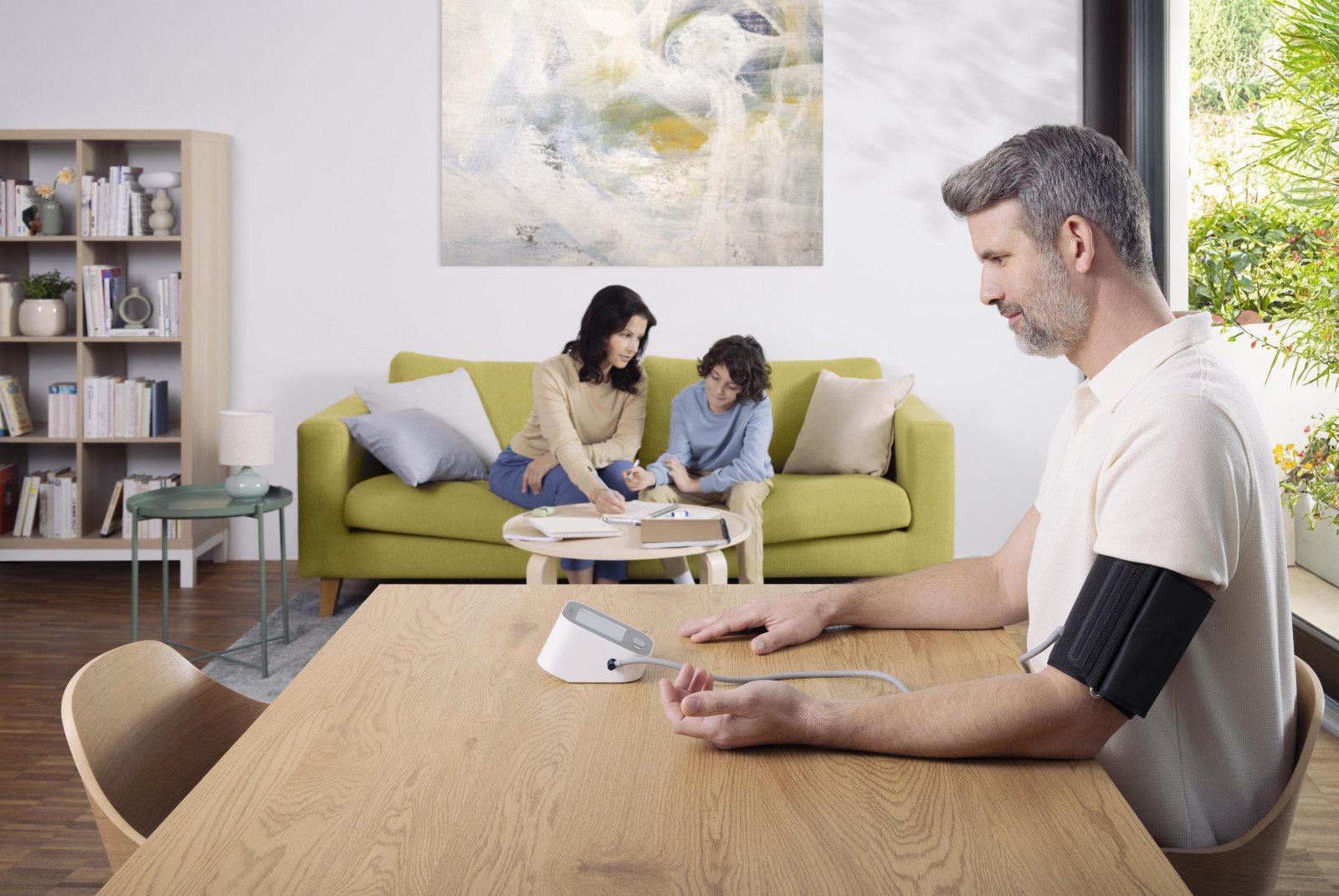Wheeze Publications
The impact of a digital wheeze detector on parental disease management of pre-school children suffering from wheezing—a pilot study
Viral airway infections are a major reason for doctor’s visits at pre-school age, especially when associated with wheezing. While proper treatment requires adequate recognition of airway obstruction, caretakers are often struggling with this judgment, consequently leading to insufficient or late treatment and an unnecessary discomfort of the patient. Digital technologies may serve to support parental decision taking. The aim of the present pilot study is to acquire data on the feasibility of recruitment and observation procedures for a randomized controlled trial on the impact of a digital wheeze detector in a home management setting of pre-school wheezing.
Detect and Document: Early and Accurate Identification of Wheeze Can Improve Quality of Life in Children with Asthma
Detecting and documenting wheezing accurately and objectively is an essential part of the pediatric respiratory disease diagnostic and management pathways. It can ensure children receive life-enhancing medication as soon as possible and avoid the symptom exacerbations that can result in asthma attacks, hospital admissions, and mortality. Objectively detecting wheeze and differentiating it from other breathing sounds, however, is not always straightforward. This paper will discuss how early identification if wheeze can improve the lives of children in asthma.
Identifying Asthmatic Symptoms in Very Young Children, Featuring a foreword from Dr. Sarah Jarvis MBE
It is important that parents can identify symptoms effectively for both successful long-term condition management and preventing symptom escalation to asthma attacks. Lack of parental understanding can lead to distress, causing over and under-administration of medication. This paper seeks to expose some of the challenges surrounding asthmatic symptoms and treatment in very young children and highlight the opportunities for driving better patient care and outcomes.
Digital Support for Wheeze Detection in Young Children
Wheeze is difficult to describe and recognize, and there is a need for clear guidelines on diagnosing wheeze. Discrepancy exists between what the parent may describe as wheezing and clinician-confirmed wheeze. Wheeze detection in daily practice occurs mainly by physician confirmation using a stethoscope; however, a diagnostic difficulty arises when parents hear wheezing that is no longer present during medical consultation. Accurately assessing the presence or absence of wheeze is important for therapeutic trials and, since there is no common understanding/definition of wheeze, it is difficult to conduct studies. Current outcomes for trials in preschool wheeze are suboptimal, apart from in hospital assessment.
A wheeze recognition algorithm for practical implementation in children
The detection of wheezes as an exacerbation sign is important in certain respiratory diseases. However, few highly accurate clinical methods are available for automatic detection of wheezes in children. This study aimed to develop a wheeze detection algorithm for practical implementation in children. It was developed based on wheezes features following the Computerized Respiratory Sound Analysis guidelines.
Wheeze sound characteristics are associated with night-time sleep disturbances in younger children
Wheezing is a typical symptom of respiratory conditions. Few objective methods are available for predicting sleep disturbance in young children with wheezing. In this paper the wheezing characteristics were associated with risk of sleep disturbance. It concluded that the number of wheeze bands per 30 seconds on lung-sound analysis was a useful indicator of risk of prolonged exacerbation.
Validation of the Wheeze Recognition Algorithm for Remote Medical Care Device in Children: Validation Study
In the medical field, although many patients prefer remote medical care, the physician cannot check the patient directly, so it is important for the patients themselves to accurately convey their condition to the physician. Thus, remote medical care should be implemented, and adaptable home medical devices are required. However, only a few highly accurate home medical devices are available for automatic wheeze detection as an exacerbation sign. This study aimed to validate automatic wheeze recognition algorithm developed as a clinical medical device in children at different institutions. The wheeze recognition algorithm was verified to identify wheezing with high accuracy; therefore, it might be useful in the practical implementation of asthma management at home.
